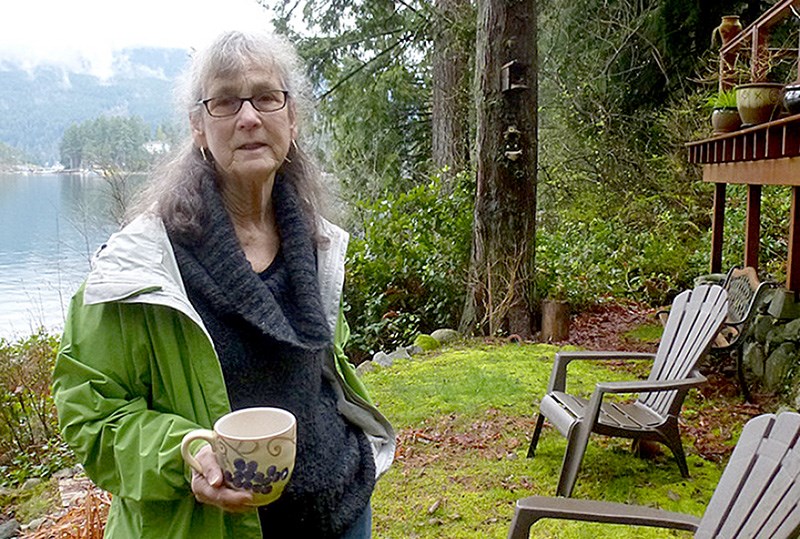Metro Vancouver’s latest proposal for Belcarra Regional Park would see five of the seven heritage cottages that were once summer homes for the family and friends of John Bole restored and retained on the site as “interpretive landscape displays.”
But Jo Ledingham, a longtime resident in one of the cottages, says the new plan doesn’t honour the “spirit” of the heritage designation that Port Moody council bestowed upon six of the cottages last February.
“The heritage designation is actually for the Belcarra South cottage community — and we believe ‘community’ includes people,” Ledingham said. “Static display turns our community into a ghost town.”
The new plan would also restore Bole House, which was built by the family’s patriarch in 1934. It would become a seasonal multi-purpose building for use by the public. A sixth cottage that was heavily damaged by a fallen tree would also be rebuilt to its heritage character if the region can secure the necessary permits from the city of Port Moody. The fate of a seventh cottage is still to be determined pending further discussions with the village of Belcarra, where that building is located.
Port Moody Mayor Mike Clay said Metro’s latest proposal for the cottages and Bole House “would seem to address the concerns that our council has with the loss of the cottages and preserving these heritage assets.”
Metro Vancouver and Port Moody have been at loggerheads over the future of the cottages and Bole House for more than two years after the regional board that operates the park endorsed a plan that had been on the books since 1985 to expand the picnic site in Belcarra South and improve public access to the waterfront. The plan also calls for the construction of a 700 m trail, two toilet facilities and 60 parking spots, and the restoration of natural habitat around a pond and the cottages. Metro Vancouver estimates the total cost for the project will be about $4.3 million.
While the original plan to improve public access to Belcarra South would have seen several of the cottages demolished — and the residents who currently live in them on a month-to-month lease arrangement displaced — the heritage designation protects them from being demolished or moved. In May, council extended similar status to Bole House.
The heritage designation also requires the property’s owner to maintain it in accordance with the city’s heritage maintenance standards, something a report presented to Metro Vancouver’s regional parks committee said could be achieved with the new plan.
“All of these buildings will need to be stabilized and upgraded for continued retention,” the report stated. “This work will include installing foundations and securing the building envelope in a way that respects the historical elements of the buildings.”
To help pay for the work — estimated to cost more than $2 million — Metro Vancouver is pursuing legal action under the Local Government Act that entitles compensation to the owner of a heritage designated property for any reduction in market value because of that designation.
Metro Vancouver said its expansion plans for Belcarra South are necessary because of growing public demand.
“These park lands were originally purchased for public use,” the report said. “Demand in the regional park has grown to the point where the Belcarra South area and buildings need to be converted to public use.”
Clay said the city still has concerns about the park’s expansion that would bring more visitors and cars to the area.
The new plan goes before the full Metro Vancouver board on Nov. 24.



